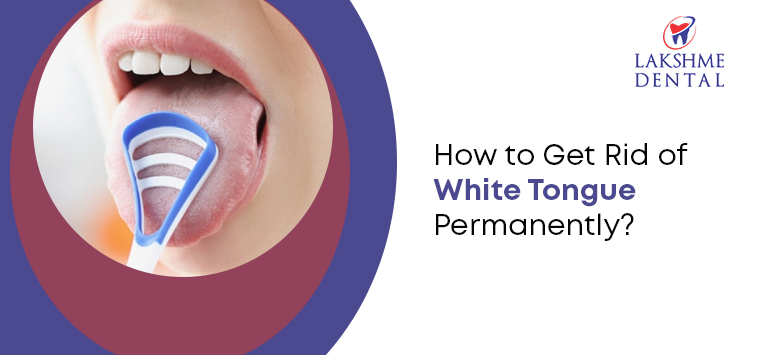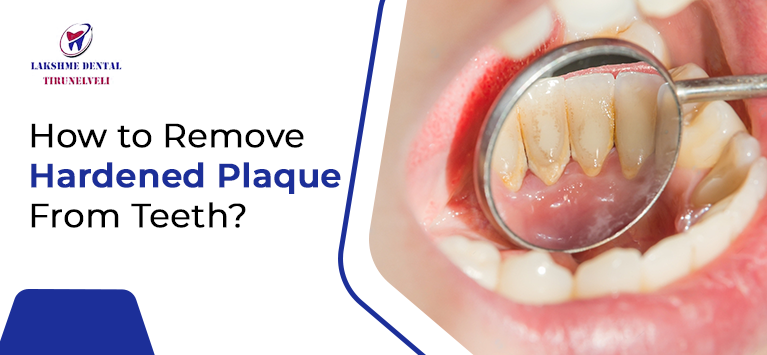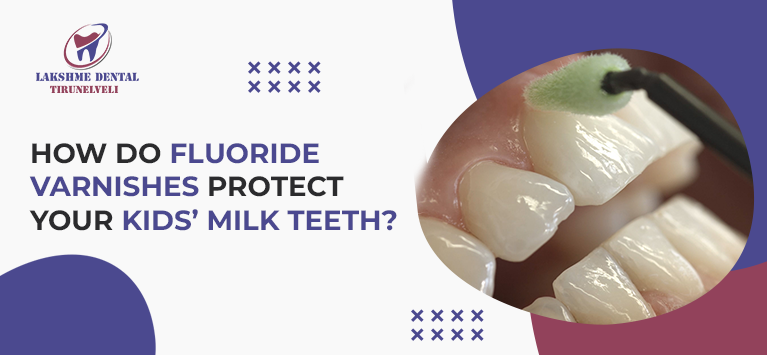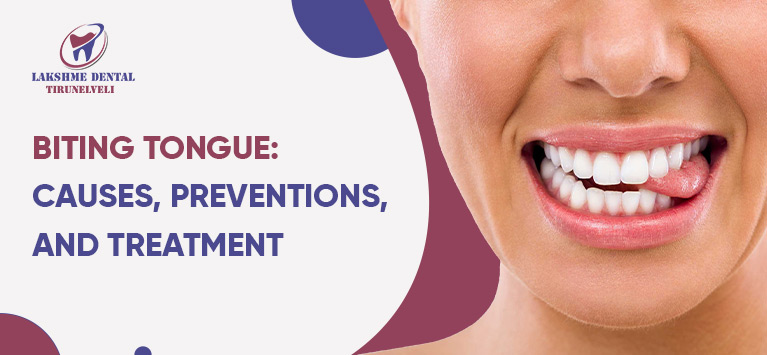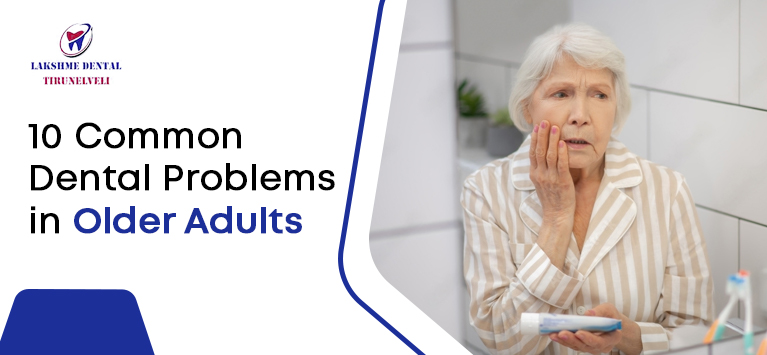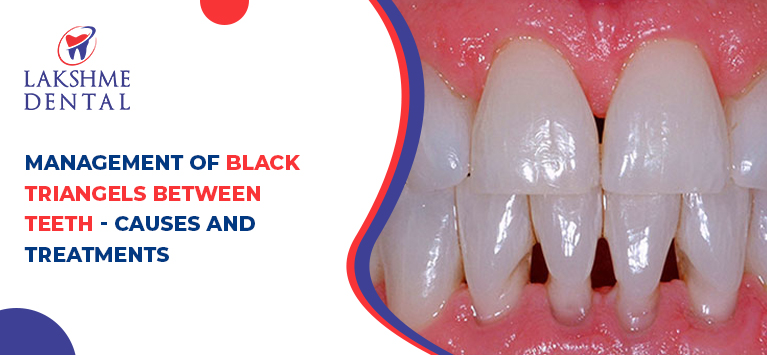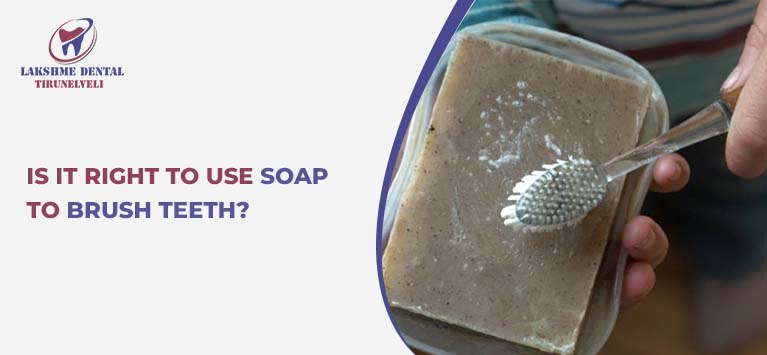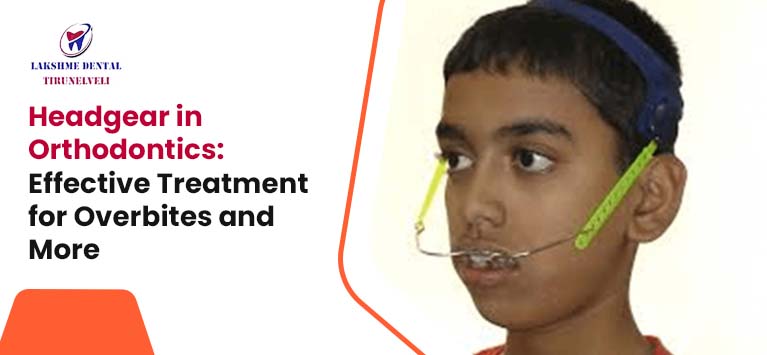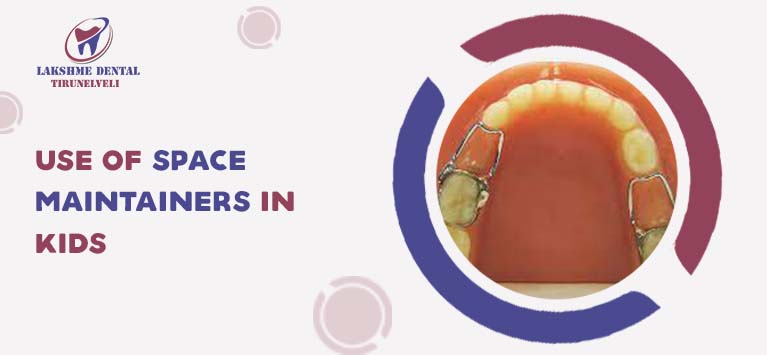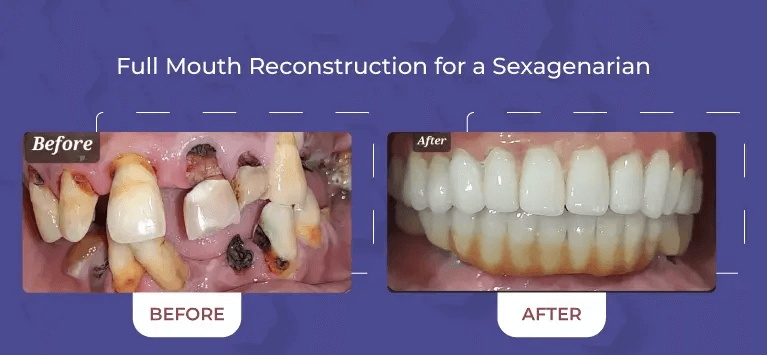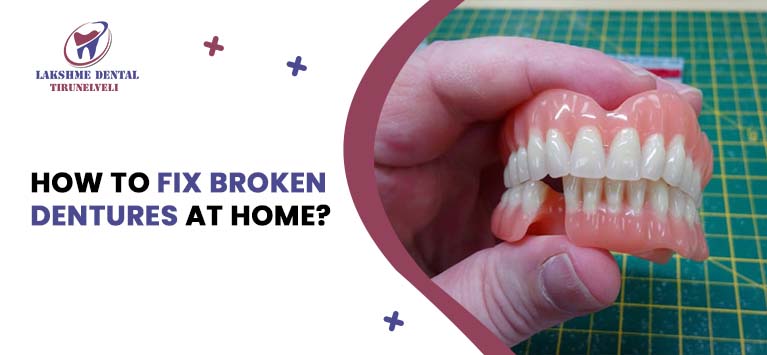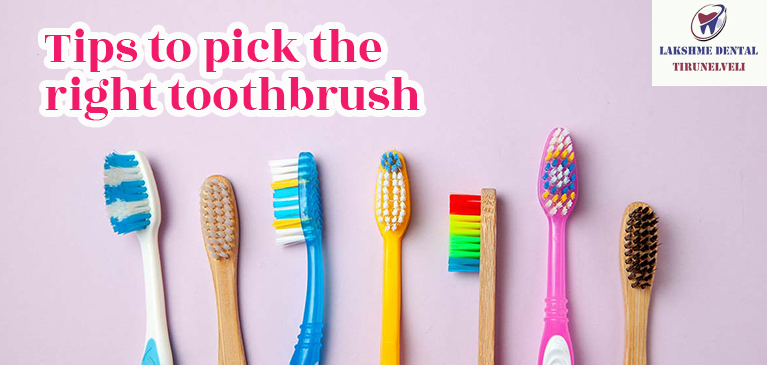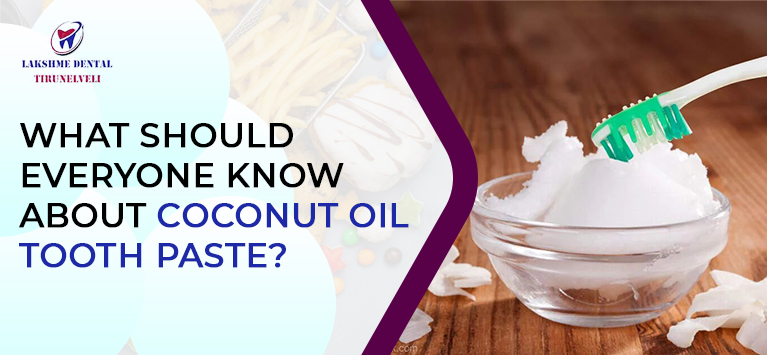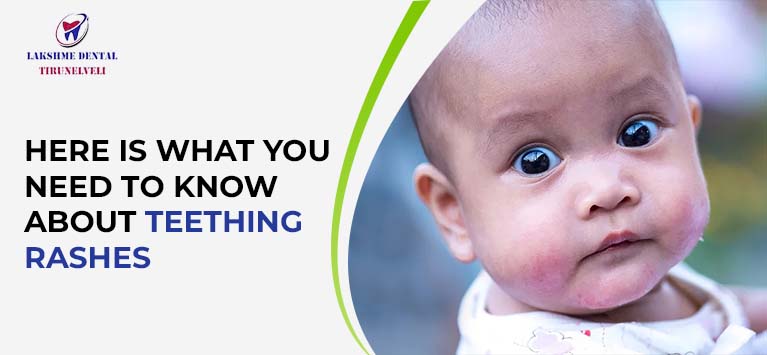All you need to know about silicone bristled-toothbrushes
Now almost all toothbrushes today are made of nylon bristles. Although nylon toothbrushes are the popular choice, the use of silicone toothbrushes has significantly increased. What are silicone toothbrushes? Are they really worth the hype? Here is what we will explain about silicone toothbrushes and their benefits.
History of toothbrushes
Humans have been paying attention to their teeth since about 3000 BC. Frayed twigs were first used as chewing sticks, which later evolved into pig’s neck bristles affixed to the bone, bamboo handles, and horse hairs to clean their teeth until the first modern toothbrush was created in 1938. Finally, soft nylon bristles were created during the 1950s. Then the first electronic toothbrush was created in 1989.
The International Journal of Pharmaceutical Science Invention lists several reasons why nylon bristles are preferable to natural hair. Nylon bristles are up to ten times more flexible than real hair bristles. Moreover, they are easy to clean and less likely to break off. Today, silicone toothbrushes replace nylon bristles and have been constantly gaining attention in recent days.
What are silicone toothbrushes?
A silicone toothbrush is, put simply, a bristle made from silicone, rubber, or any other related material that is incredibly soft on your mouth and teeth. The size of these bristles is the same as that of an ordinary toothbrush. Also, they work similarly to gum stimulators to remove the plaque along the gum line and clean between the teeth. There are both manual and electric silicone toothbrushes available on the market.
Are they good to use?
The main advantage of silicone toothbrushes is that they are gentle on your gums and teeth and clean them thoroughly. They are as easy to use as traditional toothbrushes. They can provide protection against gingivitis. Some studies have shown that they are more effective than nylon bristles at fighting plaque.
Do silicon-bristled toothbrushes work better than nylon-bristled toothbrushes?
Silicone toothbrushes are extremely soft and have gentle bristles that are incredibly smooth in your mouth and on your teeth. However, silicone bristles are much softer than nylon bristles, so there is no need to replace them often.
One of the drawbacks of silicone toothbrushes is that they have wider and flatter bristles than nylon brushes, so it might take some time to get used to them. Similar to nylon brushes, there are electric toothbrushes available with silicone bristles.
The majority of silicone brushes are electric. Moreover, they are more eye-catching and ergonomically designed, making them simpler to handle and use.
Why use silicone brushes?
Even though silicone toothbrushes will make their way into everyone’s dental routine, studies or research about their effectiveness are insufficient. At the same time, most dental professionals believe they are the best choice for people with tooth sensitivity or gum disease because they are extremely gentle with the mouth, teeth, and gums.
It is also known as the “Baby Toothbrush”. Due to their soft bristles, they help maintain your baby’s milk teeth clean. Parents also use silicone finger toothbrushes to clean their newborns’ gums and teeth.
Compared to manual nylon toothbrushes, they have numerous advantages. They are the following:
- They prevent teeth sensitivity.
- They prevent gingivitis and gum infections.
- They give your teeth a pearly white glazed look.
- They reduce the chance of bleeding gums.
- Compared to other material toothbrushes, they dry more quickly.
- They are good for brushing an infant’s teeth.
Bottom line
Silicone-bristled toothbrushes are already widespread for babies and toddlers, as their gums are more sensitive than adults. Additionally, gentle massages using silicone brushes help to reduce the discomfort of a baby’s teething. Always remember to practice good oral hygiene, no matter what kind of toothbrush you use.
For additional information about your dental needs, contact us or visit our office for a consultation.

